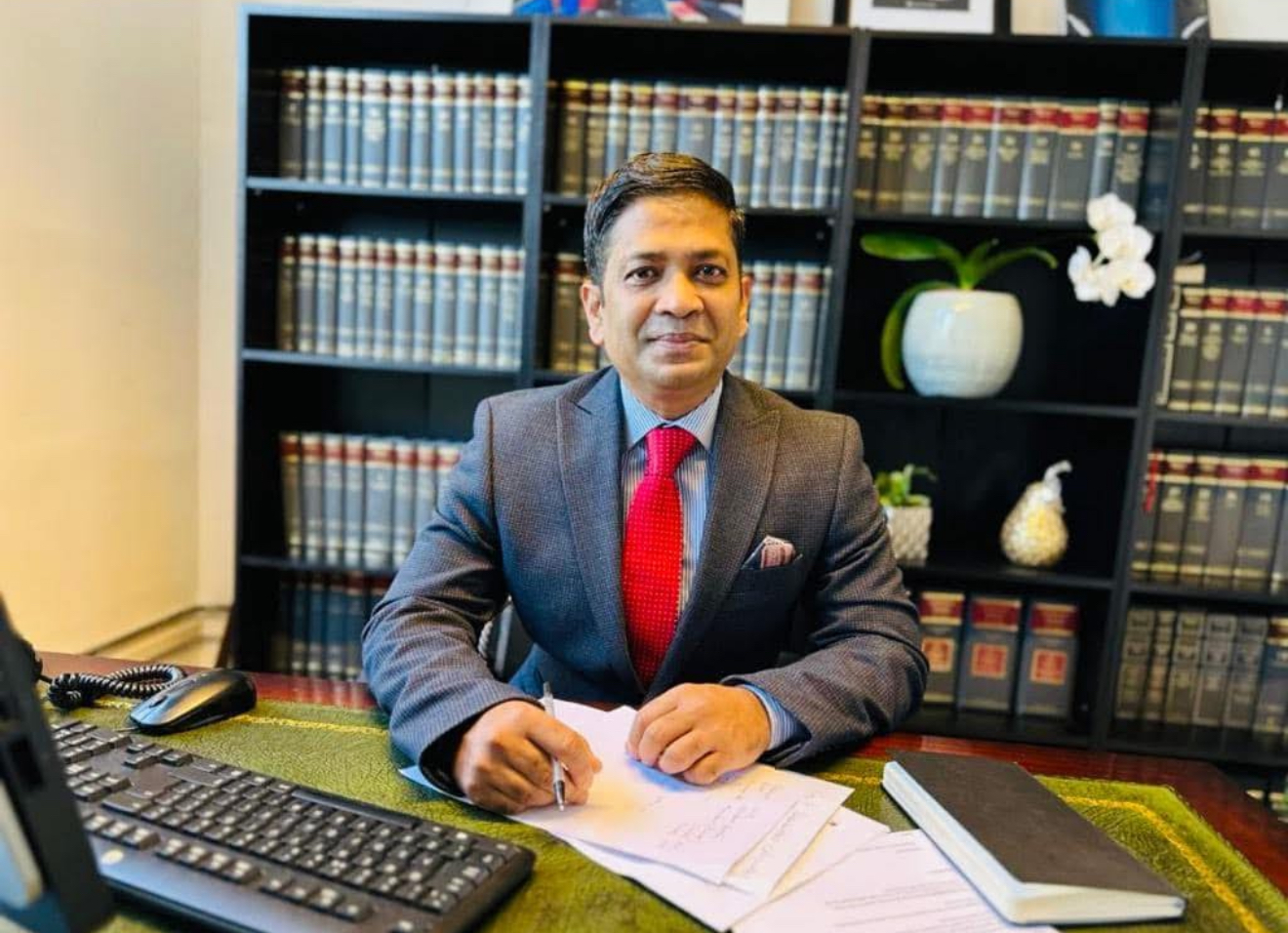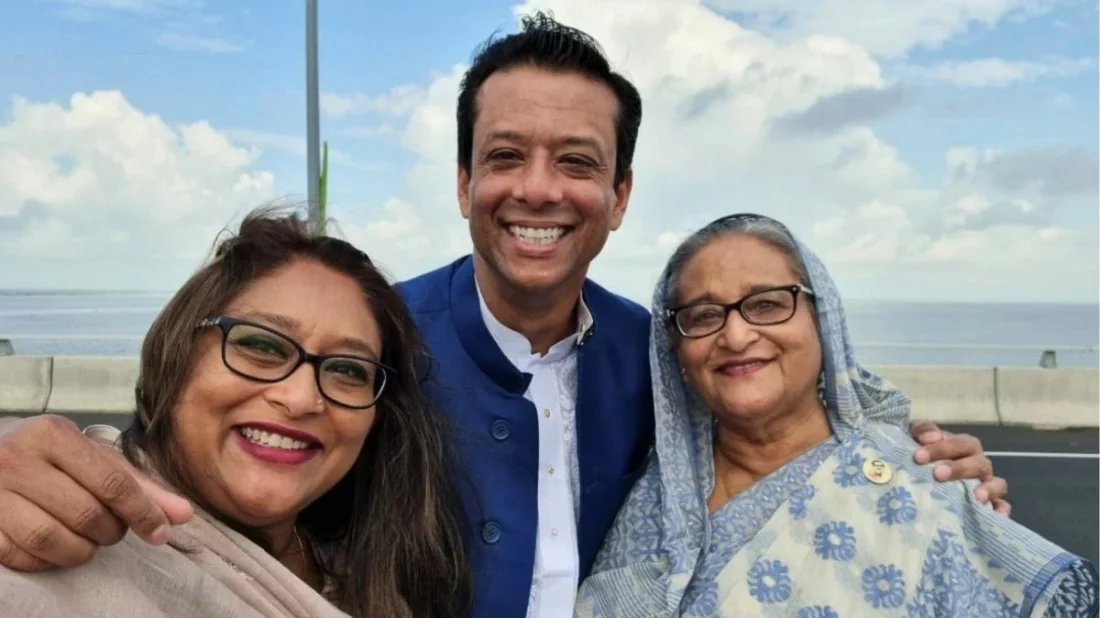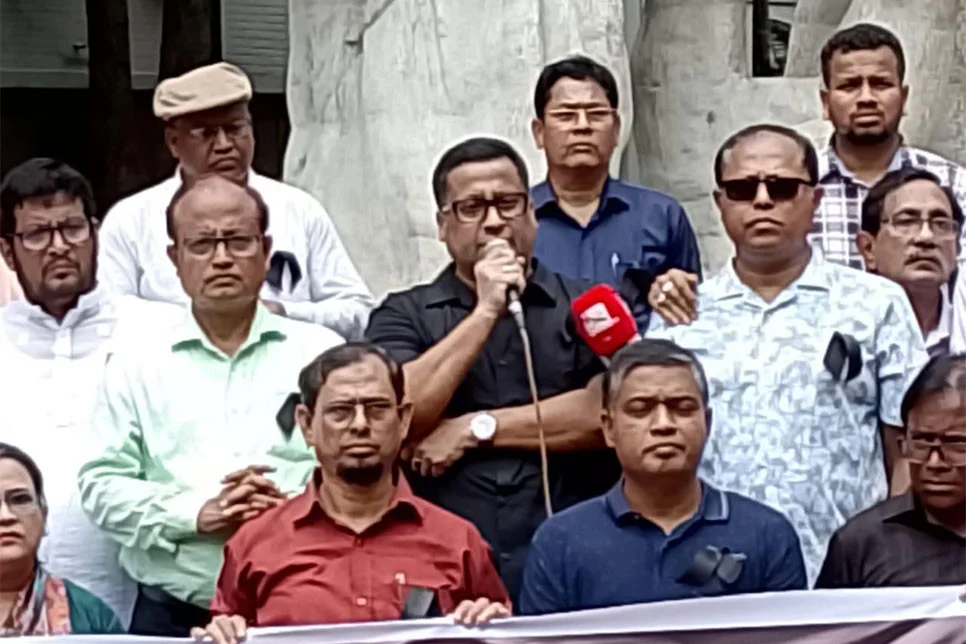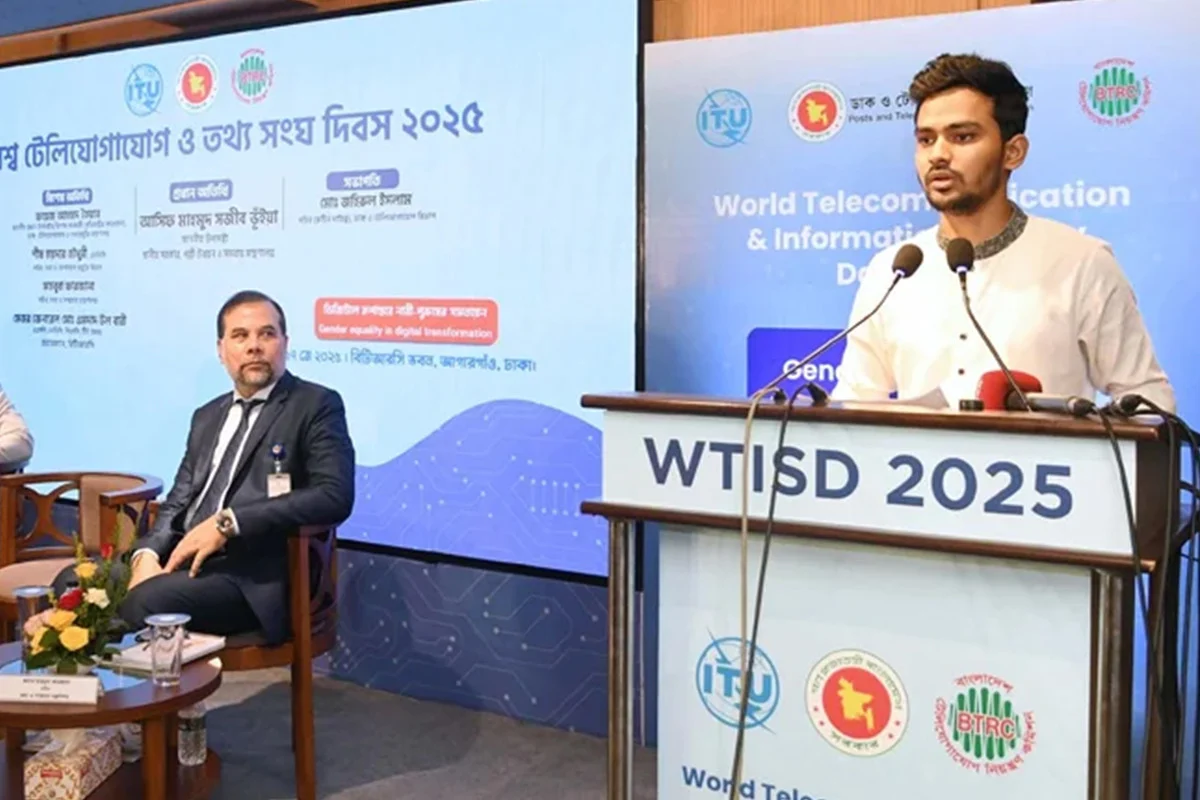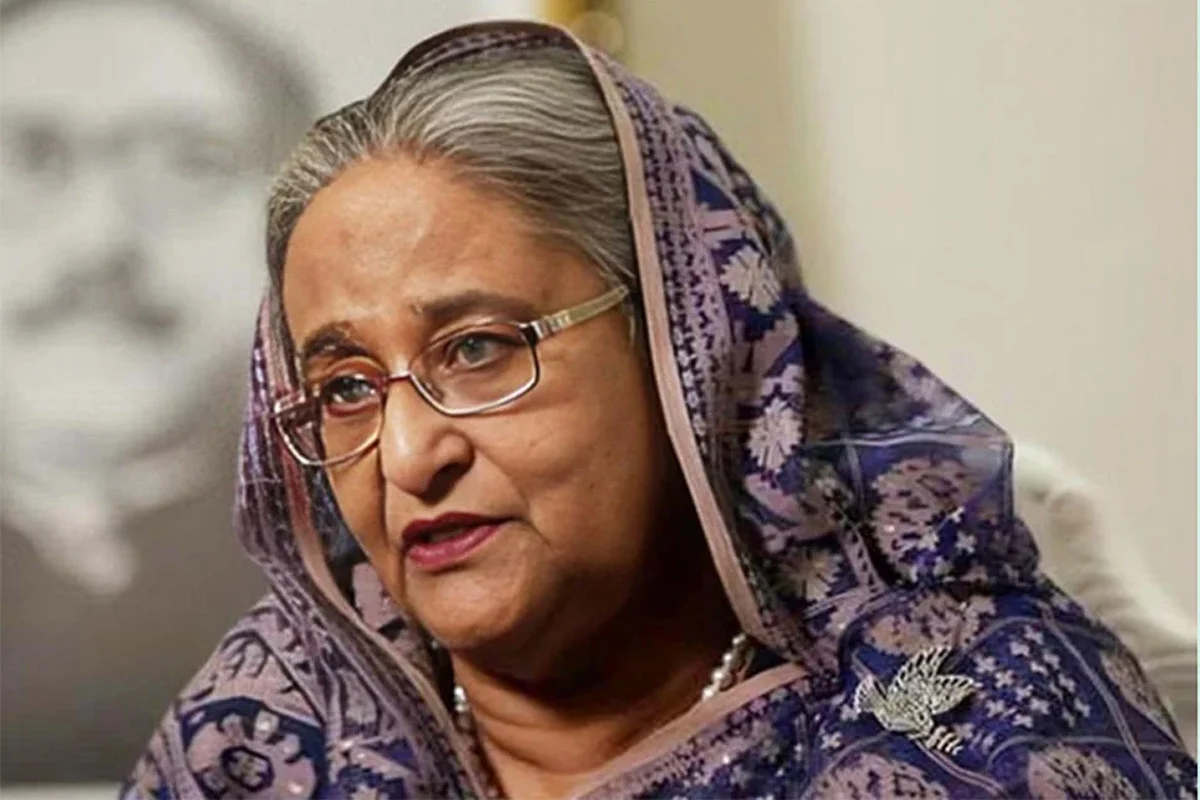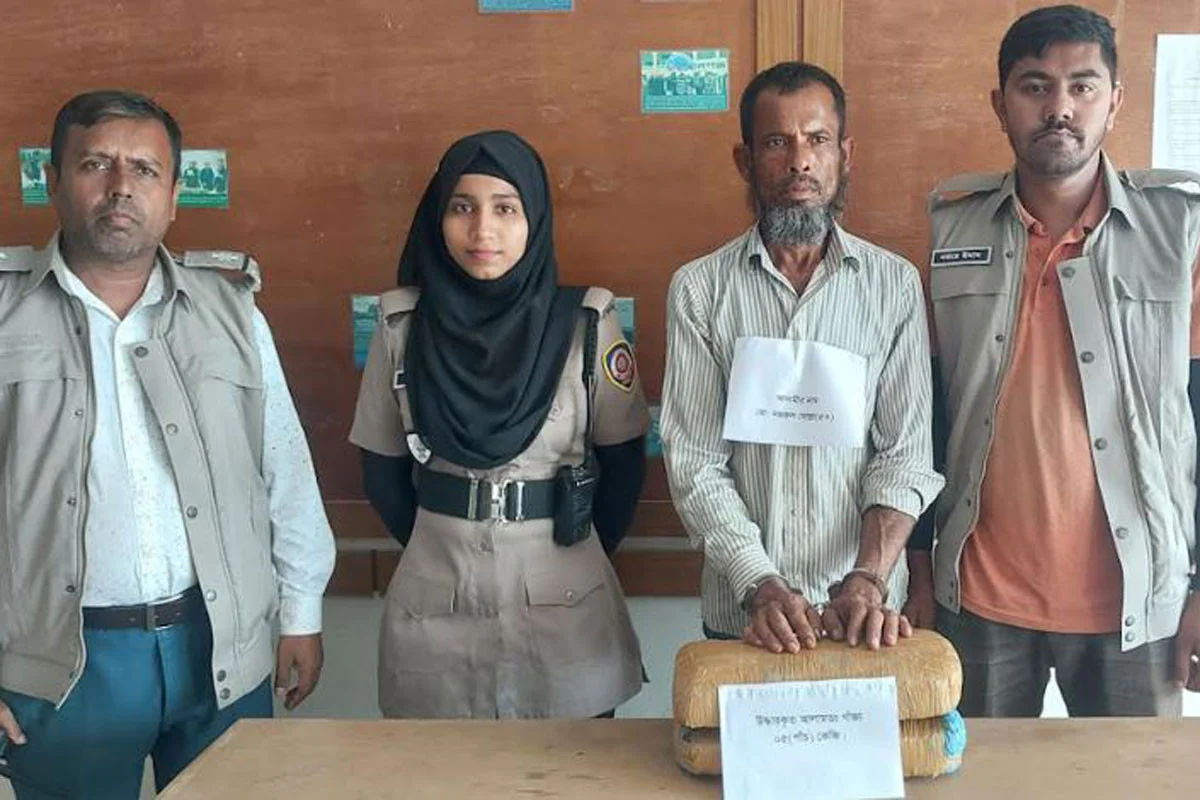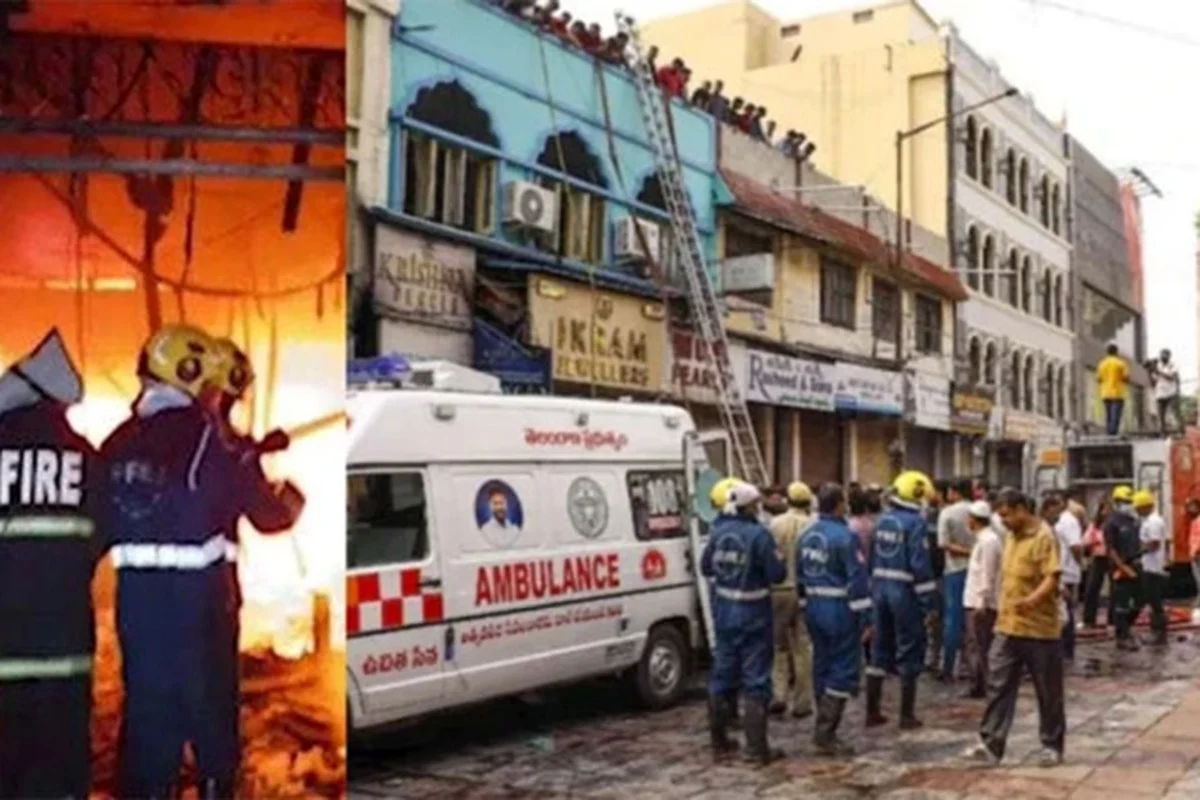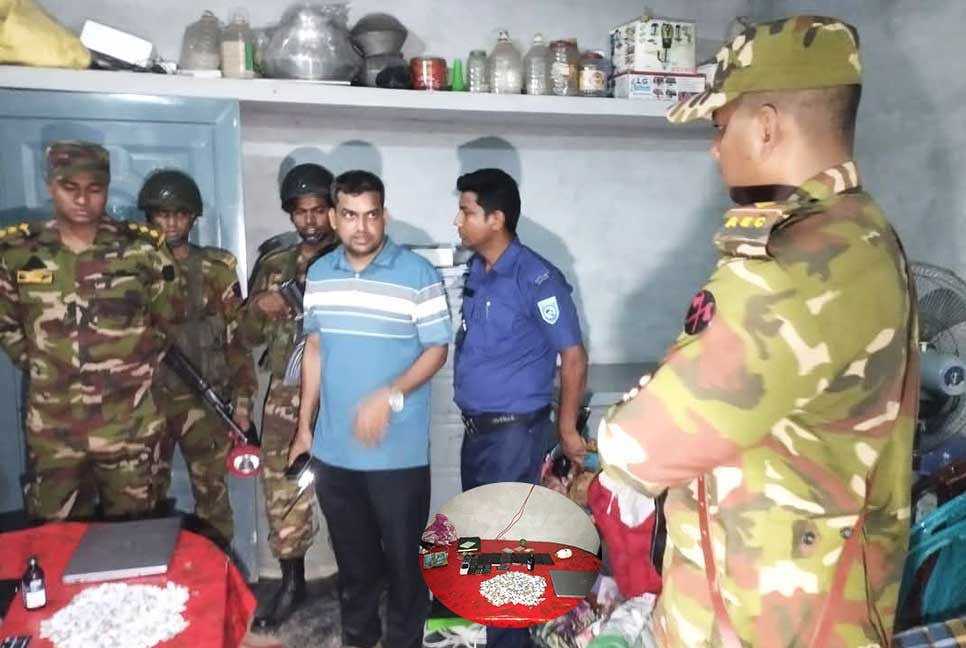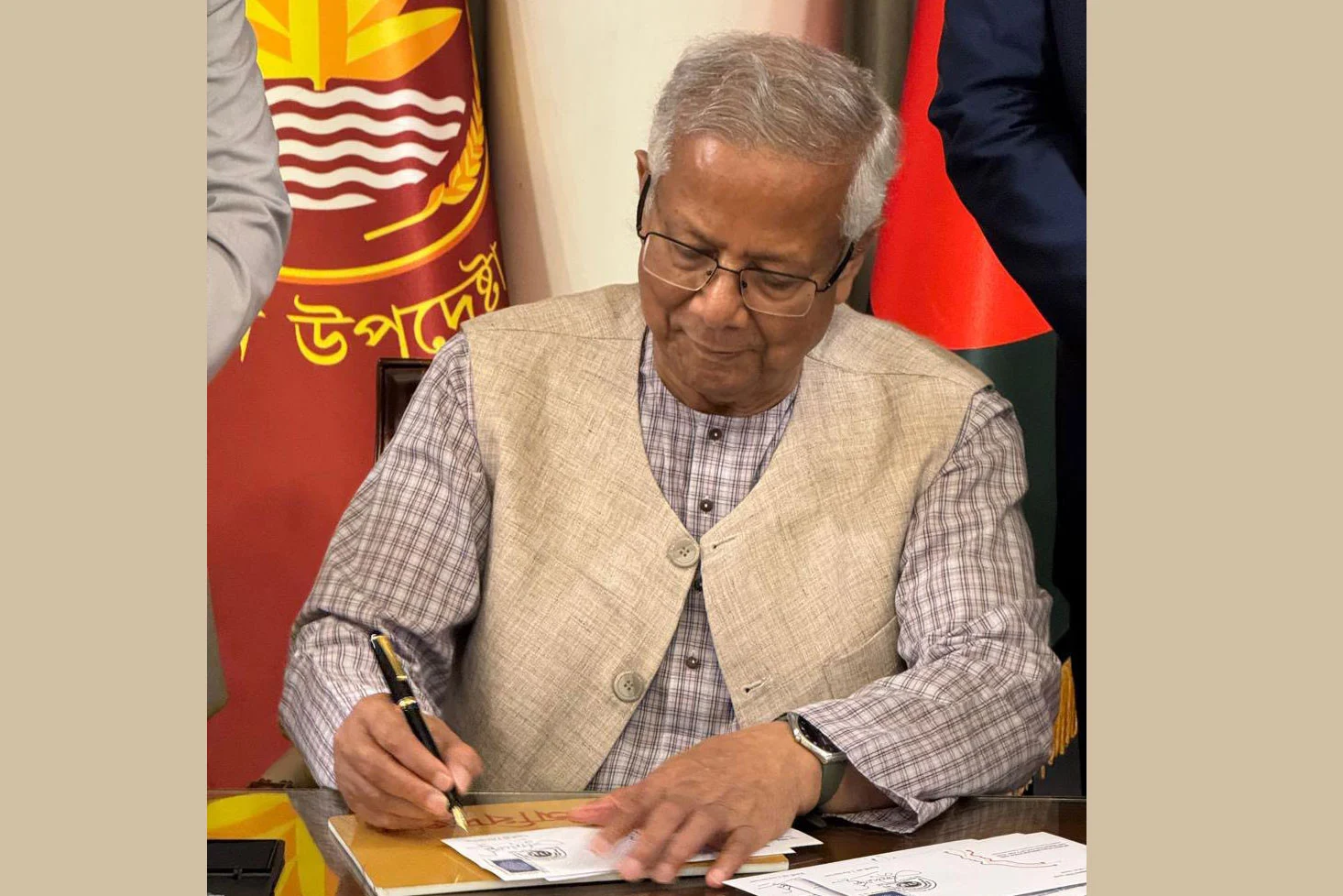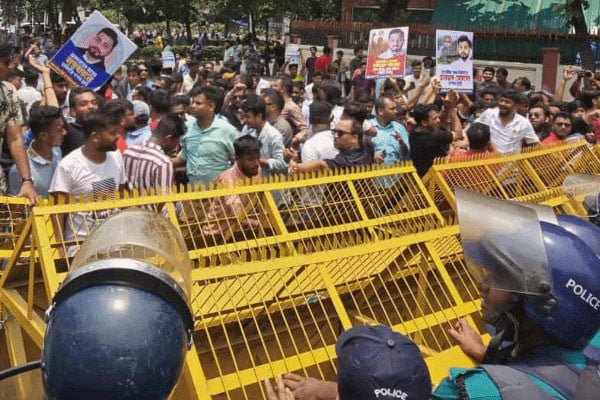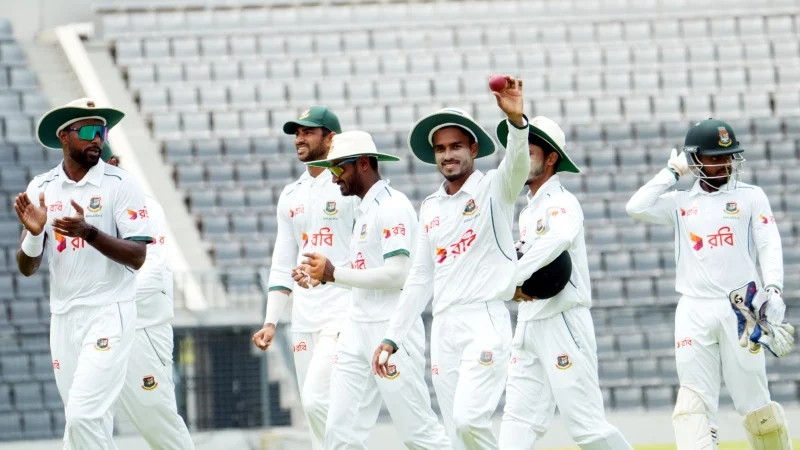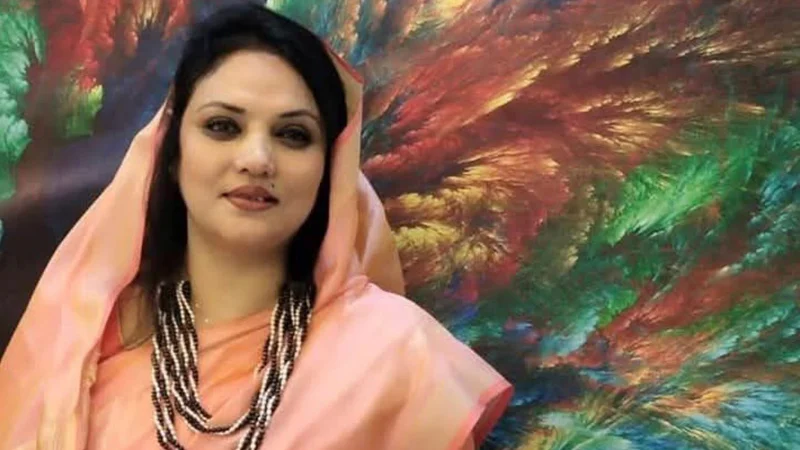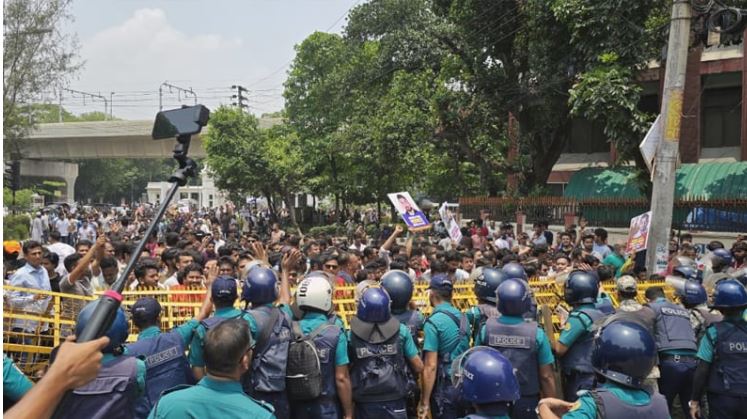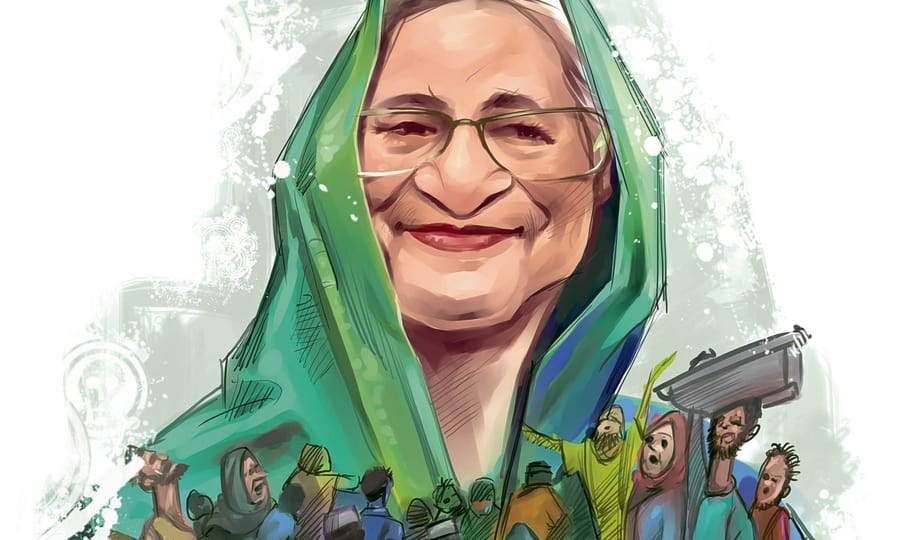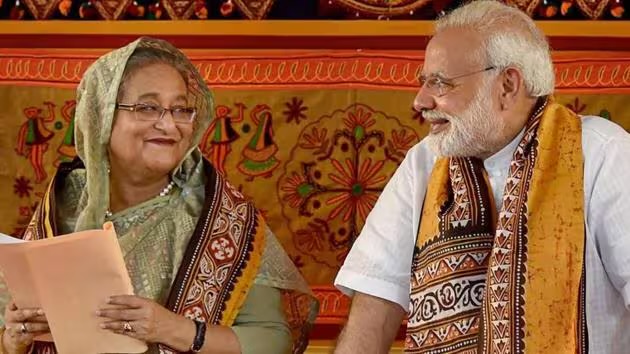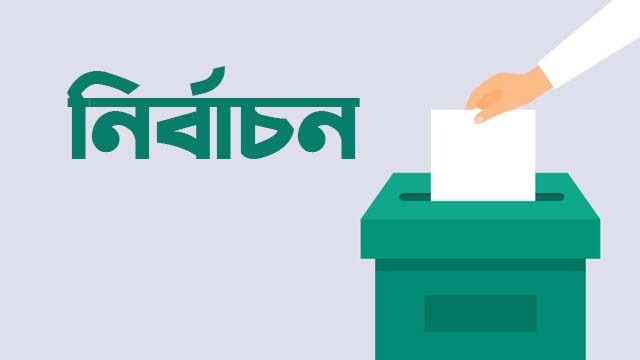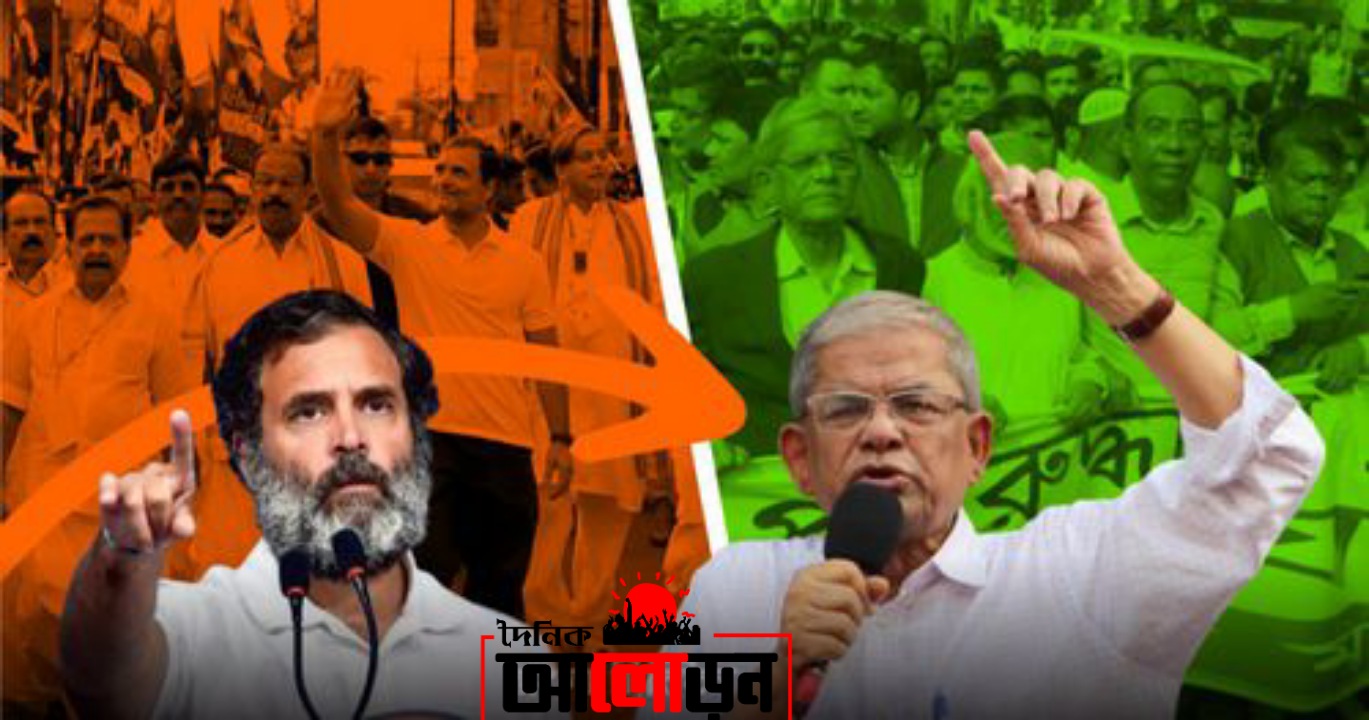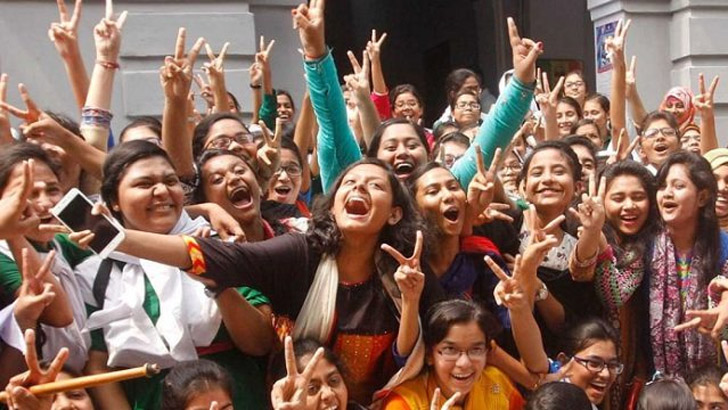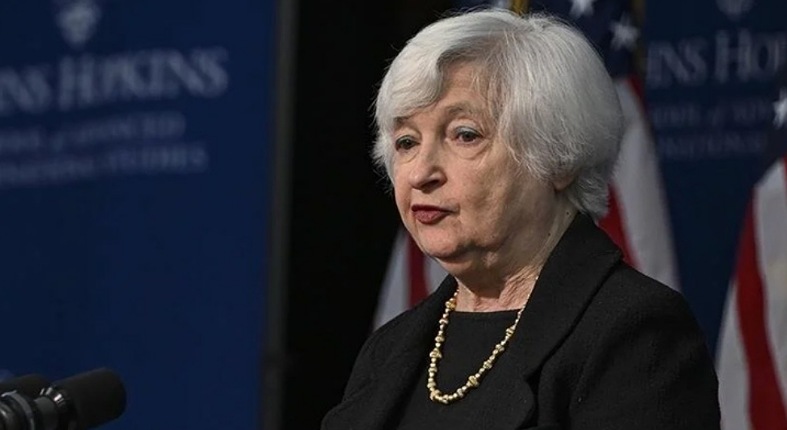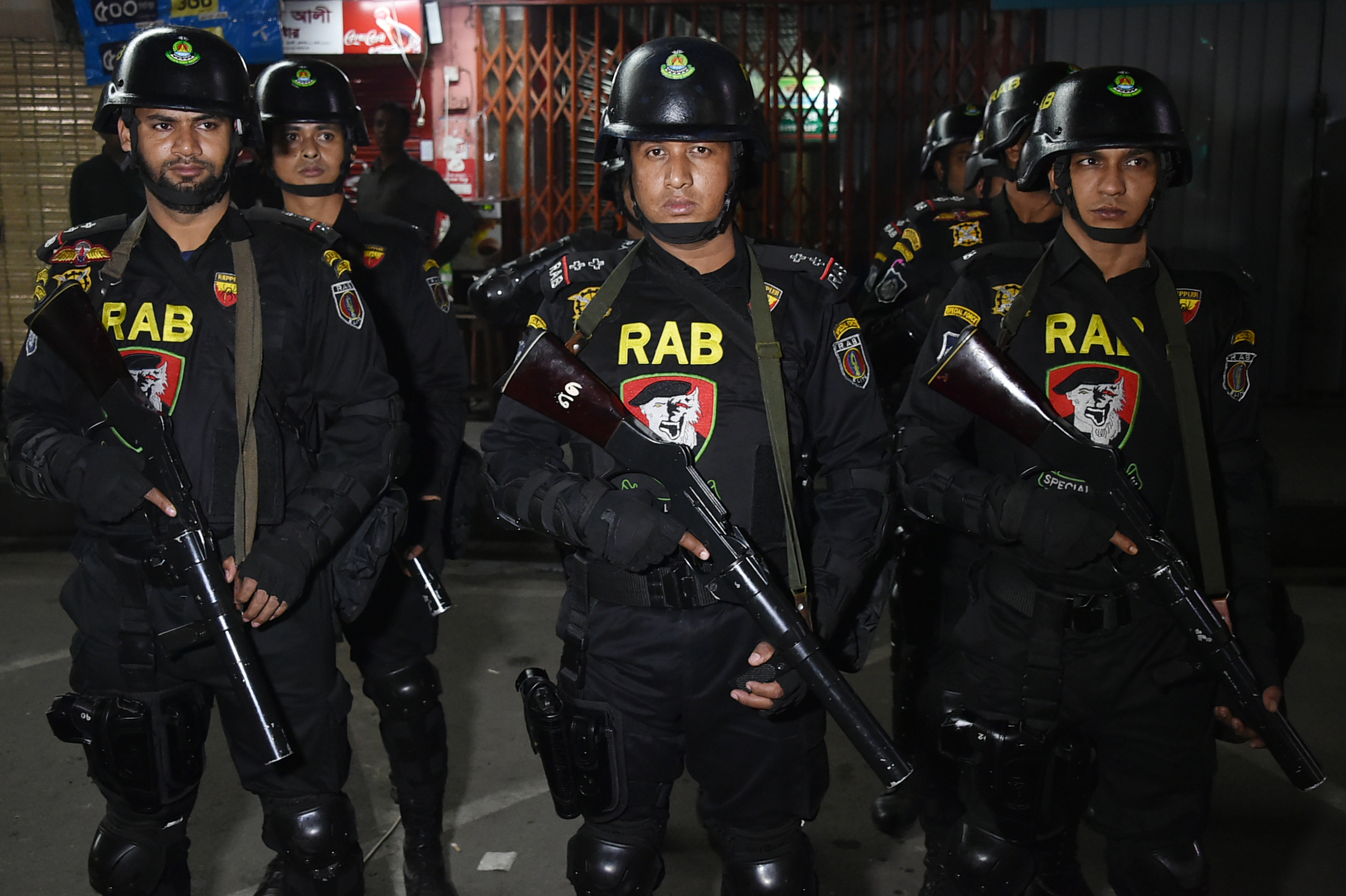
Apurbo Ahmed Jewel : Extrajudicial killings, also known as extrajudicial executions or extralegal executions, refer to unlawful homicides committed by state officials or individuals acting on behalf of the state without due legal process. Unfortunately, extrajudicial killings in Bangladesh have been a persistent human rights issue, where for decades, state-sponsored violence and repression have been utilized as instruments of national control.
The issue of extrajudicial killings in Bangladesh dates back to the country’s struggle for independence in 1971. During this period, the Pakistani military junta, aided by local collaborators, engaged in widespread extrajudicial killings and extensive human rights abuses. Following the achievement of Bangladesh’s independence, extrajudicial killings continued to be used as a tool of state repression under the guise of national law enforcement.
The Rapid Action Battalion (RAB), an elite law enforcement agency established in 2004 to combat terrorism and serious crimes, has been implicated in numerous cases of extrajudicial killings, enforced disappearances, torture, and arbitrary arrests, according to human rights organizations. These organizations claim that RAB has been responsible for over a thousand extrajudicial killings since its inception.
Victims of extrajudicial killings in Bangladesh often include individuals with diverse political opinions, religious minorities, members of the LGBTQ+ community, and people from marginalized communities. Many of those targeted are accused of crimes without proper evidence or legal proceedings, leading to their extrajudicial execution by the police or security forces. The perpetrators of extrajudicial killings in Bangladesh are seldom held accountable for their actions.
Among the most notorious incidents of extrajudicial killings in Bangladesh was the Rana Plaza tragedy in 2013 when police opened fire on garment workers protesting for better wages and working conditions. The Rana Plaza collapse resulted in the deaths of over 1,100 people, drawing international attention to the issue of extrajudicial killings in Bangladesh.
In response to international pressure, the Bangladeshi government has taken some steps to address the problem of extrajudicial killings. In 2018, a Human Rights Commission was established to investigate allegations of extrajudicial killings and other human rights violations. However, critics argue that the Commission lacks independence and has limited investigative powers. Many activists and human rights defenders in Bangladesh have called for independent investigations into extrajudicial killings, but the government has been reluctant to take action against its own security forces.
The issue of extrajudicial killings in Bangladesh reflects a deep-rooted human rights problem in the country’s political and social history. It exemplifies the broader challenges of addressing state-sponsored repression and the lack of accountability for those responsible for extrajudicial executions. Effectively combating extrajudicial killings in Bangladesh requires comprehensive reforms that include legal and institutional changes, along with increased human rights education and awareness among the general public. Despite some initiatives by the government, achieving justice and accountability for victims of extrajudicial killings remains a significant challenge in Bangladesh.
Writer : Apurbo Ahmed Jewel
